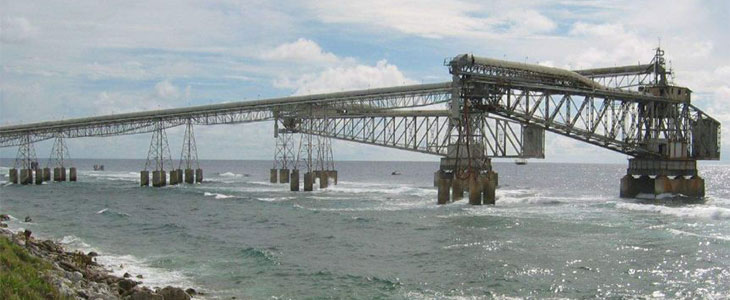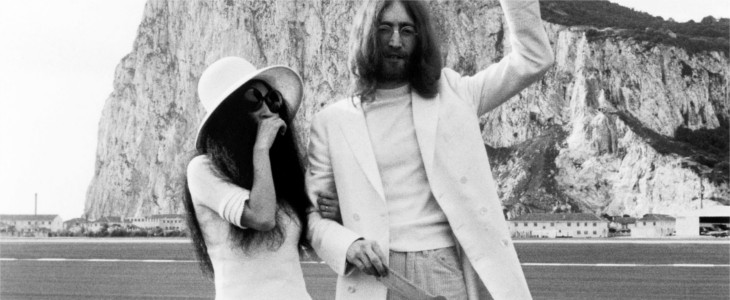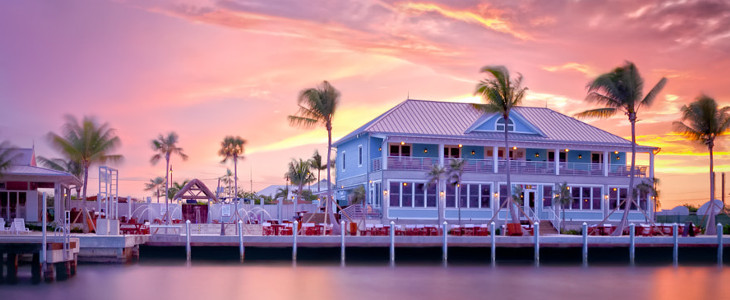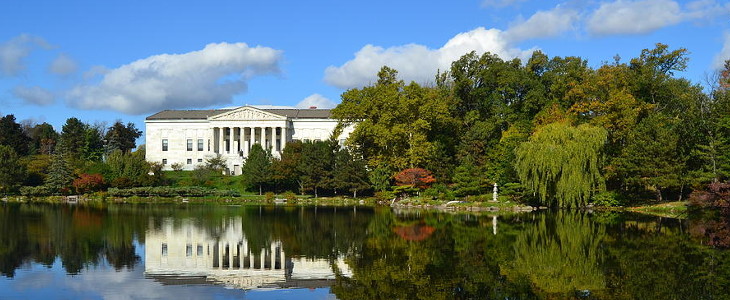Isle of Man | Tax Haven
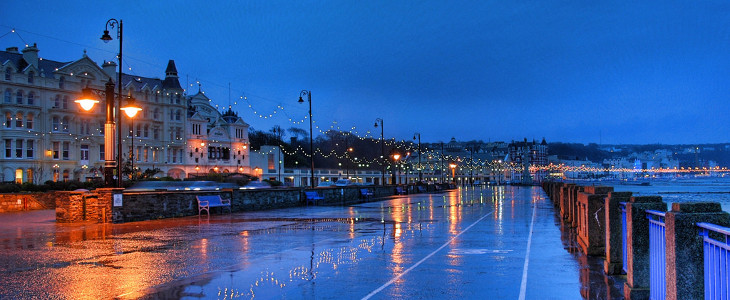
Capital city: Douglas
Currency: Manx pound (official)
Population: 85,000
Language: English
GDP £4.1 billion
The Isle of Man, also known simply as Mann, is a self-governing crown dependency in the Irish Sea between England and Northern Ireland. The head of state is Queen Elizabeth II, who holds the title of Lord of Mann. Under British law, the Isle of Man is not part of the United Kingdom however, the UK takes care of its external and defence affairs, and retains paramount power to legislate for the island.
Offshore banking, manufacturing, and tourism form key sectors of the economy. Agriculture and fishing, once the mainstays of the economy, now make declining contributions to the island’s economy. The government promotes island locations for making films by contributing to the production costs (and since 1995, over 80 films have been made on the island).
The Isle of Man is also said to be home to fairies, known locally as the little folk or themselves. There is a famous Fairy Bridge and it is said to be bad luck if one fails to wish the fairies good morning or afternoon when passing over it. It used to be a tradition to leave a coin on the bridge to ensure good luck.
The Isle of Man is a low-tax economy with no capital gains tax, wealth tax, stamp duty, or inheritance tax and a top rate of income tax of 20%. A tax cap is in force so the maximum amount of tax payable by an individual is £120,000 or £240,000 for couples. Personal income is assessed and taxed on a total worldwide income basis rather than a remittance basis. The rate of corporation tax is 0% for almost all types of income. The only exceptions are that the profits of banks and rental income from land and buildings situated on the Isle of Man is taxed at 10%.
"You’d be stupid not to try to cut your tax bill and those that don’t are stupid in business"
- Bono: U2

